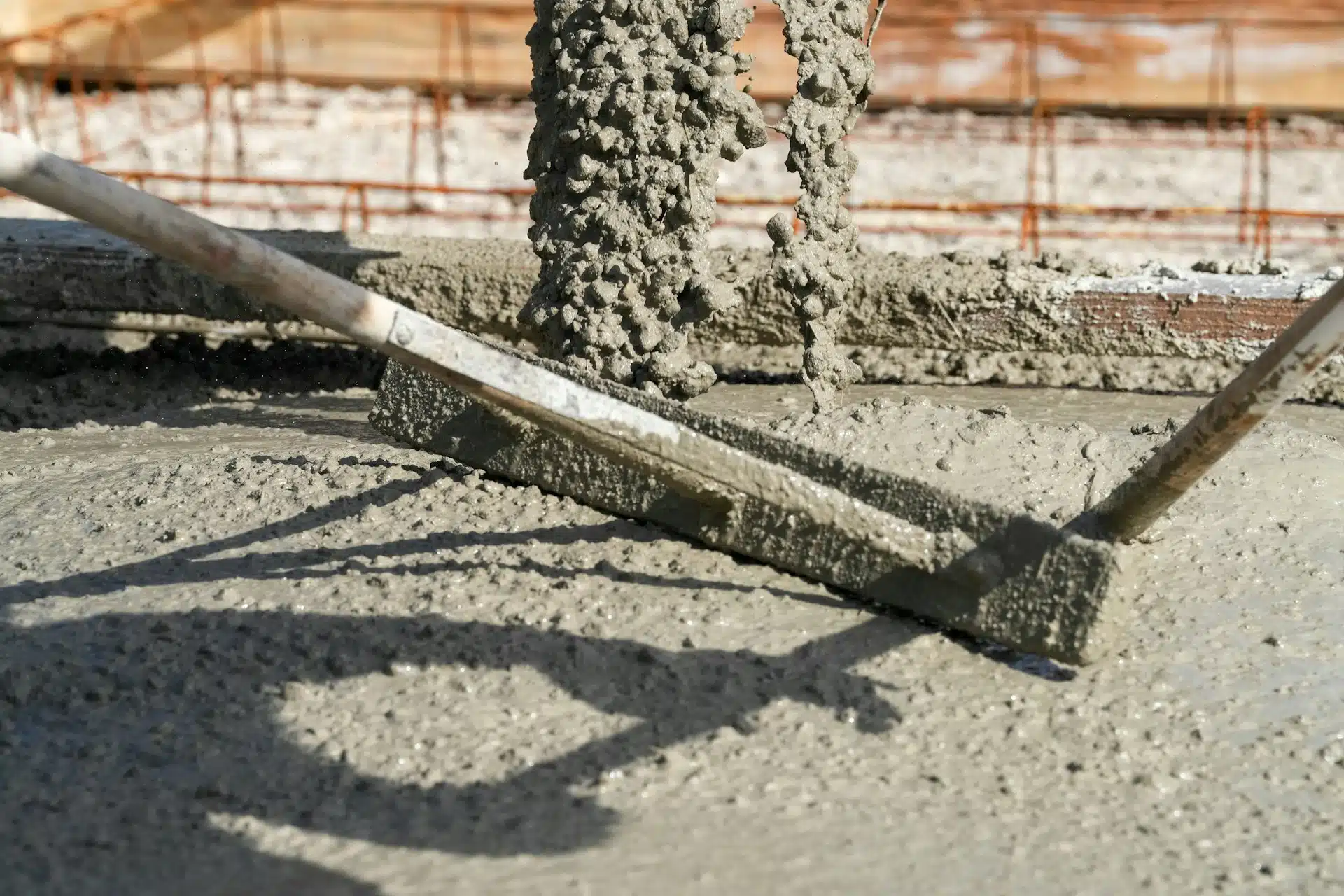I used to wonder, how many calories do you burn when you sleep for 8 hours? It’s one of those questions that seems simple, but once I started digging, I realized your body does a lot more at night than you’d expect.
Even when you’re completely still, your body’s busy behind the scenes, repairing muscles, balancing hormones, and keeping everything running smoothly. And yep, that takes energy.
Today, I’ll walk you through how calorie burn works while you sleep, what factors change that number (like your weight, muscle mass, and sleep quality), and how to figure out your own estimate using BMR.
You’ll also see how sleep stacks up against other activities and get some tips I’ve used to gently improve my overnight metabolism. Let’s break it down together.
How Many Calories Do You Burn Sleeping?
It might not seem like you burn many calories while you sleep, but you do, and it actually matters more than you’d think.
I’ve learned that sleep is when your body takes care of some of its most important work, repairing muscles, balancing hormones, and keeping your immune system strong. And all of that takes energy.
Sure, your calorie burn slows down compared to when you’re awake and moving around, but your body never really shuts off. If you’ve got more muscle mass or you sleep deeply, you could be burning even more than you realize.
Even though you’re not moving, your metabolism stays active, quietly working behind the scenes to support your overall health while you rest. So yeah, your body’s doing more than just lying there.
How Many Calories Do You Burn When You Sleep for 8 Hours?
When you sleep, your body continues to burn calories, though at a slower rate than when you’re awake.
On average, you burn around 40-55 calories per hour during sleep. So, throughout an 8-hour sleep period, you could burn anywhere from 320to 440 calories.
This amount can vary depending on factors such as your weight, age, sex, and the quality of your sleep. While it’s not a massive calorie burn, it still contributes to your overall energy expenditure.
Key Factors That Influence Calorie Burn While Sleeping
I used to think my body just shut down at night, but it turns out that several things quietly influence how many calories you burn while you sleep. Your weight, age, sex, sleep quality, and daily activity level all play a role. Let’s break it down:
Body Weight
If you weigh more, you’ll naturally burn more calories while sleeping. I’ve learned it’s because your body has to work harder to keep basic functions like breathing, circulation, and body temperature in check.
Larger bodies need more energy, even at rest, so your calorie burn goes up without you doing anything extra.
Age
As you get older, your metabolism tends to slow down. I’ve definitely noticed this myself. A lot of that has to do with losing lean muscle mass over time.
Since muscle burns more calories than fat, having less of it means your body becomes less efficient at using energy, even while you sleep.
Sex
Men usually burn more calories at rest than women, mainly because they tend to have more muscle mass. Muscle burns more energy than fat, even when you’re not moving.
Plus, testosterone helps build and maintain that muscle, which also bumps up the metabolic rate. So if you’ve ever noticed differences between you and a partner or friend, this could be why.
Sleep Quality
How well you sleep makes a big difference. Deeper stages, especially REM sleep, actually raise your calorie burn. That’s when your brain’s active, your body’s doing repairs, and hormones are being released.
I’ve found that when I get good, uninterrupted sleep, I feel better, and yes, I’m probably burning more calories, too.
Activity Level
Here’s something that surprised me: if you’re really active during the day, your body becomes more efficient at using energy. That means your metabolism works better overall, but it can also lead to burning slightly fewer calories at night.
On the flip side, if you’re not as active, your body might use more energy during sleep just to keep things running.
Bottom line? Even when you’re asleep, your body’s working hard, and these factors shape how much energy it uses while doing that.
Calories Burned: Sleeping vs. Other Activities
Calories burned during sleep aren’t the same as when you’re just sitting or awake. I was curious too, so let’s take a quick look at how they compare:
Sleeping vs. Sitting

Even though both are passive, sleeping usually burns fewer calories than sitting. You’ll typically burn about 40–55 calories per hour while you sleep, but when you’re sitting, it can be closer to 60–70, depending on your weight and how you’re sitting.
I’ve noticed the difference comes down to muscle use. Sitting still uses a bit more muscle than lying down, while sleep focuses more on your body’s repair work, which uses slightly less energy.
Sleeping vs. Being Awake

When you’re awake, even doing light stuff like walking or just standing, you burn more calories than you do while sleeping. I’ve seen numbers around 80–100 calories an hour for those light activities.
Sleep burns fewer calories, mostly because your metabolism slows down when you’re at rest. But your body’s still working behind the scenes, keeping everything running, just at a lower pace. So even though you’re not moving, you’re still using energy nonstop.
How to Calculate Your Calorie Burn During Sleep Using BMR
Your body burns calories even while you sleep, and your BMR (Basal Metabolic Rate) helps estimate how much.
What is BMR?
To calculate how many calories you burn sleeping, your Basal Metabolic Rate (BMR) plays a crucial role in determining the amount of energy your body uses even while at rest.
It’s a key factor in determining how many calories you burn, including during sleep. A higher BMR means you burn more calories, even while at rest, including the time spent sleeping.
How to Use a BMR Calculator
To calculate your BMR, you can use a simple formula based on your weight, height, age, and gender. One common method is the Mifflin-St. Jeor equation:
For men: BMR = 10 × weight (kg) + 6.25 × height (cm) – 5 × age (years) + 5
For women: BMR = 10 × weight (kg) + 6.25 × height (cm) – 5 × age (years) – 161
This number shows how many calories your body needs to function at rest. To find out how many calories you burn during sleep, multiply your BMR by 0.85 (roughly 85% of your resting energy use happens while you sleep).
Alternatively, use an online BMR calculator tool to get your personalized results.
Tips to Optimize Calorie Burn During Sleep
If you’re looking to burn a few more calories while you sleep, the key isn’t doing more; it’s sleeping better. I’ve found that when you focus on sleep quality and keep your metabolism healthy, your body does a lot of the work for you.
Here are a few simple tips that can help you make the most of your sleep:
Improve Sleep Quality
Improving the quality of your sleep can lead to higher calorie burn by enhancing the deeper, more restorative stages of sleep. Here are some tips:
- Create a Comfortable Sleep Environment: Ensure your bedroom is dark, quiet, and cool to promote better rest.
- Stick to a Sleep Schedule: Go to bed and wake up at the same time every day to regulate your internal clock.
- Limit Screen Time Before Bed: Reduce exposure to blue light from phones or computers, which can disrupt sleep.
- Practice Relaxation Techniques: Meditation, deep breathing, or light stretching can help you wind down and achieve better sleep.
Healthy Habits to Support Calorie Burn
Supporting your body’s ability to burn more calories, even while at rest, is about maintaining overall health through diet and lifestyle choices. Here’s how to help:
- Exercise Regularly: Strength training and cardio boost your metabolism and increase muscle mass, which burns more calories.
- Eat a Balanced Diet: Focus on nutrient-dense, whole foods like vegetables, lean proteins, and healthy fats that support metabolism.
- Stay Hydrated: Drinking enough water helps maintain metabolic functions and energy levels.
- Avoid Late-Night Snacking: Eating heavy meals or high-sugar foods late at night can interfere with sleep quality and calorie burn.
Conclusion
Now you know the real answer to how many calories you burn when you sleep for 8 hours, and if you’re like me, it probably surprised you a little.
I used to think sleep was just downtime, but it turns out your body’s doing some behind-the-scenes work all night long. Repairing, recharging, and using energy to keep you going strong.
You might want to take a second look at your sleeping habits. Even small changes, better bedtime routines, and deeper sleep can help your metabolism stay active while you sleep.
If you’re curious about what else your body’s up to at night, or just want practical tips to feel better day to day, I’ve got more guides on the website you can check out.









